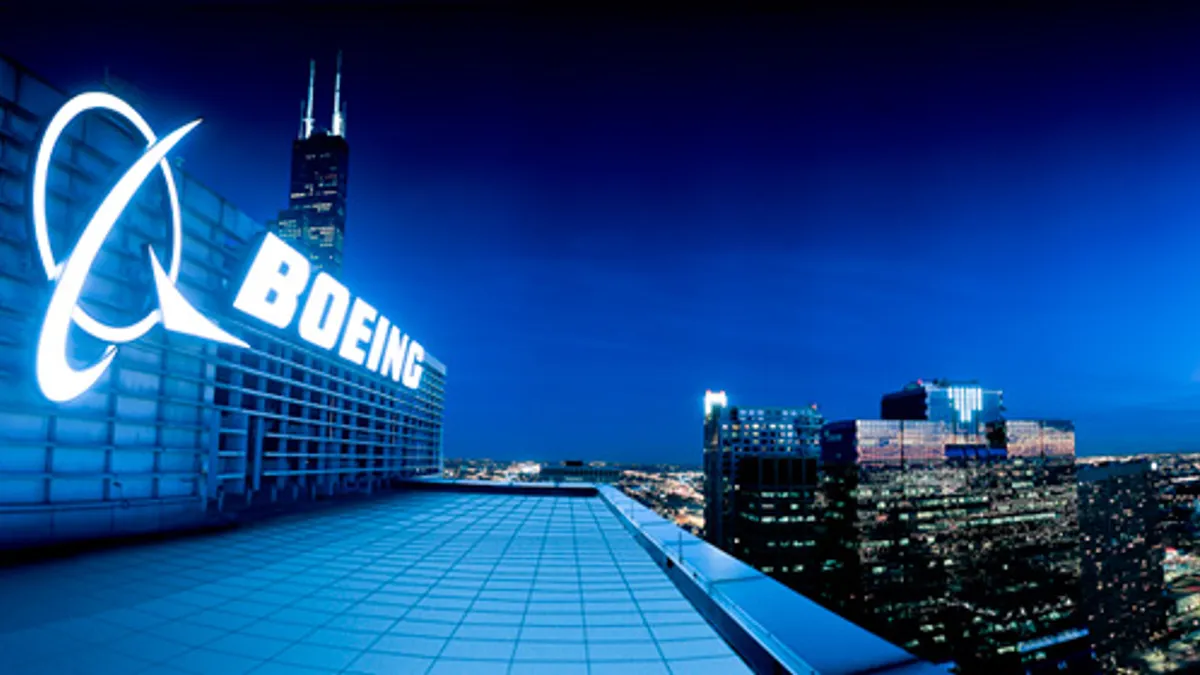Dive Brief:
-
Boeing confirmed it was hit by WannaCry Wednesday following reporting from The Seattle Times. Indications of weakened "vital airplane-productions" prompted alarm for the airplane company and its customers, but "the vulnerability was limited to a few machines," said Linda Mills, head of communications for Boeing Commercial Airplanes, reports The Seattle Times.
-
The company has deployed the necessary software patches and said there was no "interruption" to its 777 jet program or any other programs. Instead, the attack elicited a "battery-like response" because it is said to impact "equipment used in functional tests of airplanes" and potentially planes' internal software.
-
Military and services units were not impacted. The virus was secluded to the Commercial Airplanes sector, but the threat is now over, "to the best of our knowledge," said Mills.
Dive Insight:
Nearly a year after WannaCry reared its ugly head worldwide, it is difficult to understand how it could claim a new victim. But somehow, Boeing felt a much delayed impact.
Following the initial discovery of the attack, chief engineer at Boeing Commercial Airplane productions engineering alerted the company with an "all hands on deck" call to action, reports Seattle Times.
But the events of the last year should have prepared all companies for a continued threat.
The cyberattack leveraged an exploit in outdated Windows 7, and even though there were reports of attacks on Windows 10 systems, they were more closely related to manual infections.
WannaCry was able to spread through flaws in the software that were originally identified by the NSA to hack PCs before Shadow Brokers made the flaw public last April. WannaCry was then able to self-propogate across networks rather than just single computers.
Microsoft repeatedly advised customers to update their software to Windows 10 prior to the attack last year, thus leaving much of the responsibility on the shoulders of the customers themselves.












